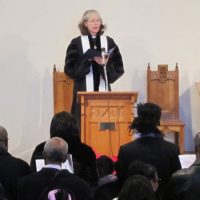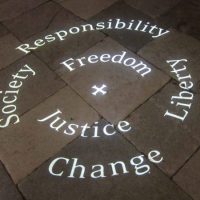For me prayers are shared like ripples on a pond, never quite knowing where they’ll wash up or who may be moved by their rippling along the way.
David Pickering, United Reformed Church, Scotland
Ready-to-use prayers posted throughout Worship Words:
It is sometimes feared that to read a prayer is to cramp the liberty of the Spirit. Yet we need only remember the use we make of hymns and psalms in our worship to see that it is often by our using these ‘second-hand’ or borrowed words that our own capacity to say what we would really like to say is very greatly enriched. It is also helpful here to recall that Jesus and the Apostles used pre-cast forms of prayer. Spontaneity in worship is not the same thing as liberty. The former very often drains off into banality or worse, since we, like St Peter at the Mount of Transfiguration, hardly know what to say in the presence of the Divine Majesty.
Dr Thomas Howard, St Paul School, USA
Thoughts from the Diocese of Oxford UK, printed in the Living Faith pamphlet, ‘Christianity: a simple guide’…
Prayer is ‘not a technique but a relationship, a friendship, which can take different forms’:
- Spending time reflectively with God – with thanks, with sorrow, with people on our heart
- Chatting (arrow prayers) – talking (a quiet time) – intimacy (silence)
- Offering the day to God at the start – practising the presence of God through the day – reviewing the day with God at night
- Meditation – chewing the word of God slowly and prayerfully
- Contemplation – silently looking, listening and just being.
Prayers by Theme





















